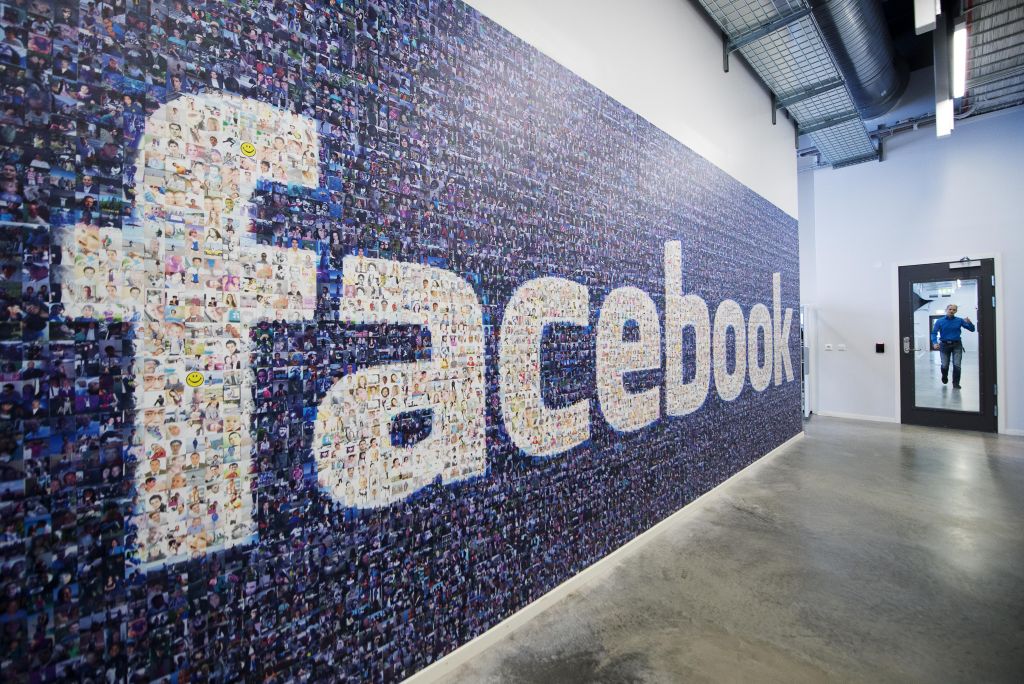
Source: JONATHAN NACKSTRAND / Getty
Facebook has shed more light on how it tracks people around the web, and confirmed once and for all that it does indeed keep tabs on people who don’t even use the social network.
Calls for Facebook users to delete their account have intensified over recent weeks, but the company’s admission suggests that ditching the social network altogether won’t keep you out of Mark Zuckerberg and co’s line of sight. Why does it track people who aren’t on Facebook? For advertising purposes, the company says. And to get people to join (or re-join) the site.
“When you visit a site or app that uses our services [such as a Like or Share button, Facebook ads tools or Facebook Login], we receive information even if you’re logged out or don’t have a Facebook account. This is because other apps and sites don’t know who is using Facebook,” wrote David Baser, Facebook’s product management director, in a blog post.
The information Facebook gets from third-party websites and apps includes: IP addresses, browser and operating system information, the address of the website or app you’re using, cookies and device identifiers. Facebook says it uses this data to enhance its own products and services, improve safety and security on the social network and to continue providing its services to third-party websites and apps.
“Facebook Audience Network enables other websites and apps to show ads from Facebook advertisers. When we get a request to show an Audience Network ad, we need to know where to send it and the browser and operating system a person is using,” the blog post continues.
“Cookies and device identifiers help us determine whether the person uses Facebook. If they don’t, we can show an ad encouraging them to sign up for Facebook. If they do, we’ll show them ads from the same advertisers that are targeting them on Facebook. We can also use the fact that they visited a site or app to show them an ad from that business – or a similar one – back on Facebook.”
In other words, unless every site on the internet and all apps suddenly stopped using Facebook’s services, there’s no escape from the company, even if you go ahead and delete your Facebook account. An uplifting thought. Better still, lots of companies are doing similar things, such as Twitter, Google and Amazon.
Raj Samani, McAfee’s Chief Scientist, recently explained why he doesn’t believe deleting Facebook is the right step for most of us. “I don’t want people to turn around and say I want to switch off Facebook,” he noted. “It’s not a binary thing, it’s not about switching it on or off. It’s about beginning to question the types of information they have about you, beginning to question the transparency of the data that you share across all platforms, not just Facebook.”
He added: “Privacy is about informed consent, value and transparency. If I can hit those three marks, I’d be happy to use anything. If you give me those things, I’ll give you what you want. But that’s subjective. At the moment, we don’t have those three points addressed.”
You can find Facebook’s privacy policy here.
- Tech This Out News. All Rights Reserved












